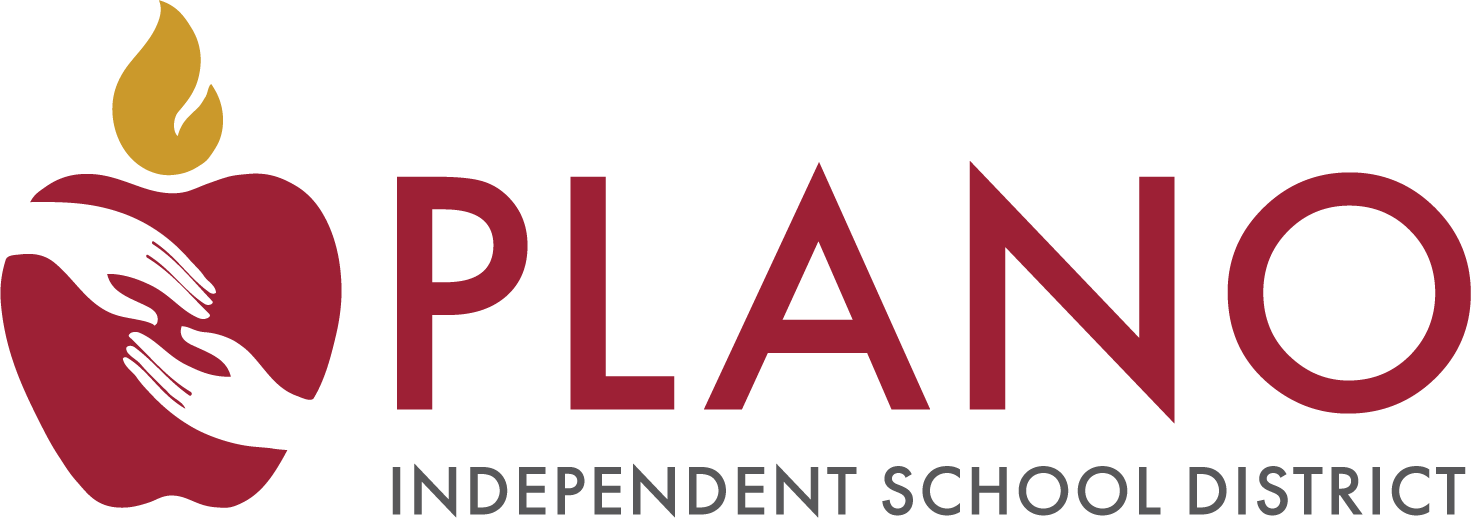On Wednesday, the House debated and subsequently voted 144-4 to advance HB 2, their school funding plan that infuses a little under $8 billion dollars into Texas Public schools. The House also advanced their version of SB 260, the school safety legislation which spends $400 million more. The Senate passed a series of school finance bills earlier this session which total about $5.6 billion for public schools. Texas House School Funding Plan $5.1 billion to address funding gaps: - $3.2 billion to increase the Basic Allotment by $395 (HB 2)
- $1.5 billion to increase Special Education funding (HB 2)
- $400 million for Safety and Security (House Version of SB 260)
$3 billion to specific programs or schools - $700 million for small & mid sized school districts (HB 2)
- $1.6 billion for increased compensatory education and early education allotments, used in part to pay for full-day PreK, and an increased emergent bilingual allotment (HB 2)
- $750 million in funding for performance pay for teachers (HB 2)
Texas Senate School Funding Plan $1.2 billion to address funding gaps:
- $700 million to increase Special Education funding (SB 568)
- $500 million for Safety and Security (SB 260)
$4.4 billion for teacher compensation: - Pay raises for teachers with at least 3 years of experience (SB 26)
- Performance pay for teachers (SB 26)
HB 2 will now head to the Senate while SB 260 will likely go to a conference committee to work out the differences. Because the Senate’s school funding approach has been quite different than the House’s approach, the chambers will likely also end up in a conference committee on HB 2 to hash out a final version to send to the Governor’s desk. |
|
|
EDUCATION SAVINGS ACCOUNTS Also this week, the House passed SB 2, education savings accounts legislation. The bill spends $1 billion per year to pay private school tuition and other educational expenses for certain families. While all families are eligible to apply, the bill limits the number of families whose students are currently enrolled in private schools to 20% of available funds. Additionally, the bill prioritizes students with disabilities, and students in households making less than 200% of the federal poverty level. Today, the Lieutenant Governor announced that he was recommending the Senate concur in the amendments the House made to SB 2. If the Senate does that, the bill will head to the Governor’s desk as early as next week. |
|
|
Bills are prioritized based on the expected impact to the district or the level of public attention garnered by the bill, not based on the preferences of the district. High priority bills are either a state leadership priority, related to a Plano ISD legislative priority, would require significant resources to implement a change in district policy, practice, or procedures, or would otherwise significantly impact the district. |
|
|
As the session continues, committees will soon be turning to bills from the other chamber. However, next week, both the House Public Education Committee and the Senate Education K-16 committee will hold hearings on bills originating in their own chambers.
HOUSE PUBLIC EDUCATION COMMITTEE
On Tuesday, the House Public Education Committee will hearing 12 bills: - HB 178 adds ethnic studies as a course option to fulfill a required social studies credit along with world geography and world history.
- HB 1551 requires a district to provide notice to parents within two days if an employee is charged with an offense that, if convicted, would require the employee to as a sex offender that includes the employee's name, position, employment status, length of employment, the specific offense charged, and a statement affirming the presumption of innocence until proven guilty.
- HB 1939 provides a 4% discount for early payment of recapture.
- HB 2040 changes the instructional time requirement for JJAEPs to 43,200 minutes from 7 hours per day for 180 days.
- HB 2354 expands the definition of a charter school for certain tax and transportation code purposes, allows charters to use a weighted lottery system for admissions, giving preference to students eligible for special education, emergent bilingual students, or those who are educationally disadvantaged; allows charters to limit admission based on biological sex.
- HB 2674 prohibits TEA, the SBOE, and other educational institutions from enacting rules that would increase the regulation of homeschool programs.
- HB 3029 deals with the administration of medication to students. The bill:
- Extends the current immunity from civil liability from damages or injuries resulting from the administration of medication to a student from a school district to charters and private schools and their employees
- Allows a district to adopt a policy that may permit an employee to administer non prescription medication to a student without further authorization or written protocol from the student’s health care provider if they have a written request from the parent, the medication is in its original container and unexpired, and the dose administered is consistent with the instruction label
- Expands the definition of professional nursing to include the administration of non prescription medication to a public or private school student
- HB 3460 requires TEA to review districts that offer alternative language education methods and approve districts to receive an alternative language education allotment of .15 for a bilingual student and .05 for a non-bilingual student if the student is in an alternative language education method using dual language immersion/one-way or two-way program model. The bill also requires a school district receiving an exception from bilingual education to include specific additional information related to alternative language education methods in the PEIMS report (its companion bill, SB 2185, passed out of committee and is scheduled to be heard in the Senate).
- HB 3631 allows school districts in first-tier or second-tier coastal counties to receive a credit against their required recapture payments under the public school finance system equivalent to the amount spent on windstorm and hail insurance in the preceding school year.
- HB 3662 establishes a criminal offense for knowingly operating an unmanned aircraft over a public school instructional facility.
- HB 5201 requires districts to ensure project managers overseeing construction projects are bonded, licensed, and insured.
- HB 5381 allows individuals aged 65 or older to redeem their homestead properties up to four years after the purchaser's deed is filed, as opposed to the standard two-year period applicable to other property owners.
HOUSE WAYS & MEANS COMMITTEE
On Monday, the House Ways & Means Committee will hear the House’s priority legislation related to bond and tax rate elections: - HB 19 makes several key changes to bond and tax rate elections:
- Changes the definition of the Rate to Maintain the Same Level of Maintenance & Operations Revenue & Pay Debt Services to include only the amount of I&S needed to generate the minimum dollar amount required to be paid to service the district's debt
- Requires bond and Voter Approval Tax Rate Elections to be held on the November uniform election date
- Requires annual debt service in any fiscal year to be limited to no more than 20% of the average property tax collections for the prior three fiscal years
- Requires political subdivisions to allocate proceeds from the issuance of bonds in the percentage or amount stated in the ballot proposition to authorize the issuance
- Limits the maturity of a certificate of obligation to 30 years, instead of 40
- Redefines current debt service to mean the minimum dollar amount required to be expended for the current year
- Requires a 60% vote of a governing body to approve an I&S rate that exceeds the I&S portion of the Rate to Maintain the Same Level of Maintenance & Operations Revenue & Pay Debt Service
HOUSE SUBCOMMITTEE ON ACADEMIC AND CAREER-ORIENTED EDUCATION
On Thursday, the House Subcommittee on Academic and Career-Oriented Education will hear two bills: - HB 1209 requires school districts to offer instruction on at least 175 instructional days and creates an exception for school districts with less than 8,000 students or for school districts that currently have a 4-day week schedule, except that such districts must revert to a 5-day week schedule if one or more campuses receives a D or F.
- HB 4746 adds P-TECH or other early college high school programs to the list of programs for which the Commissioner must consider a school or district for academic distinction and increases the P-TECH allotment to $150 per student from $50 and eliminates the allotment for the New Tech Network.
SENATE EDUCATION K-16 COMMITTEE
On Tuesday, the Senate Education K-16 committee will hear five bills, but only two are related to public education: - SB 2942 is related to adult high school charter programs. The bill:
- Provides qualified immunity to adult high school charter programs in the same manner as for public school districts
- Increases the maximum age to enroll in an adult high school charter program to 60 from 50
- Allows students in adult education programs to receive a high school diploma if they perform satisfactorily on an assessment prescribed by the Texas Higher Education Coordinating Board, even if they do not perform satisfactorily on the exam prescribed by the TEA
- Provides the Commissioner 30 days to deny an expansion amendment for an adult high school charter program before the amendment is considered approved
- Eliminates postsecondary outcomes and longitudinal wage and career growth from the accountability system for adult high school charter programs
- Increases the average daily attendance for adult charter high school programs
- Requires the payment of outcomes bonuses to adult high school charter programs not later than the end of the six period after a student achieves career readiness
- Increases funding weights for credits earned by a student in an adult high school charter program
- Provides funding for new campuses of adult high school charter programs if the new campus has a minimum enrollment capacity of 200
- SB 2928 eliminates the ability of school districts to modify the school start date but allows districts of innovation to start school not later than the third Monday in August.
|
|
|
If you were forwarded this email and you would like to be added to the distribution list for our newsletters, you can sign up here. |
|
|
|







